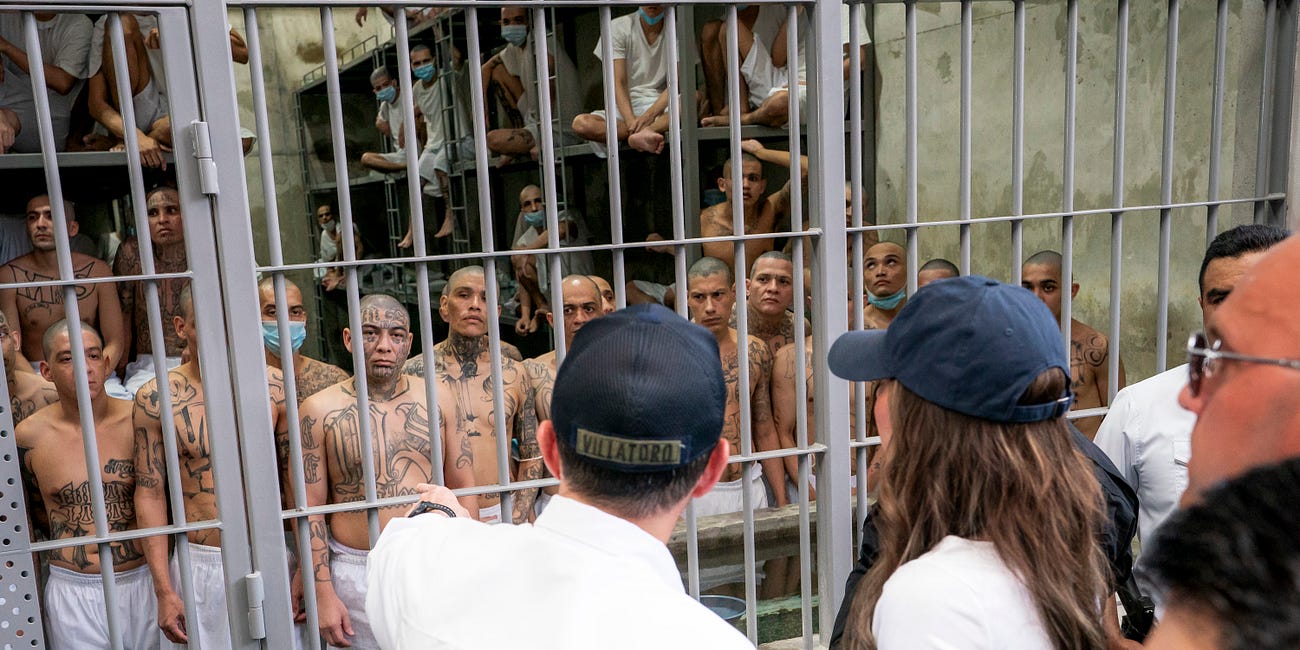ADDENDUM C: Unauthorized Foreign Police Operations and the Erosion of U.S. Sovereignty
Chinese Police Stations, FTO, and Gangs
Read Part 1 Here:
Invasion USA
Issue PresentedThanks for reading Autodidact Obsessions! Subscribe for free to receive new posts and support my work.
Part 2:
Exhibit A: Case Study – Strategic Exploitation of Judicial Ambiguity by Foreign Paramilitaries
Read Section 1, the Brief, here:
Part 3:
I. Introduction
This addendum analyzes the recent discovery of undeclared Chinese police stations operating within the United States. It argues that these actions represent a constitutional violation of U.S. sovereignty, a dilution of the President’s exclusive foreign affairs and national security powers under Article II, and a direct threat to the domestic enforcement monopoly that undergirds the authority of U.S. courts and law enforcement agencies.
---
II. Factual and Legal Background
A. DOJ Enforcement Action (2023)
In April 2023, the U.S. Department of Justice charged two individuals with operating an undeclared Chinese police outpost in New York City on behalf of China’s Ministry of Public Security (MPS).
See: U.S. v. Lu Jianwang and Chen Jinping, Complaint No. 1:23-mj-02851 (S.D.N.Y. 2023).
DOJ Press Release: “Two Arrested for Operating Illegal Overseas Police Station” ([DOJ, April 17, 2023](https://www.justice.gov/opa/pr/two-arrested-operating-illegal-overseas-police-station-chinese-government)).
These operations were part of a global effort by the Chinese Communist Party to suppress dissent abroad, including pressuring individuals to return to China via coercion, surveillance, and threats—a violation of U.S. criminal law and sovereignty.
---
III. Legal Framework and Constitutional Implications
A. Exclusive Federal Authority Over Foreign Relations and Law Enforcement
The U.S. Constitution vests the President and Congress with exclusive authority over:
Foreign affairs (Article II, §2),
Immigration and naturalization (Article I, §8, cl. 4),
National defense (Article II, §2), and
Domestic law enforcement, via implied powers under the police power doctrine.
The Supreme Court has repeatedly affirmed that foreign relations powers are not shared with state or private actors:
United States v. Curtiss-Wright Export Corp., 299 U.S. 304, 319 (1936):
> “The President alone has the power to speak or listen as a representative of the nation.”
Chy Lung v. Freeman, 92 U.S. 275, 280 (1876):
> “\[A]ny regulation of the subject of immigration must be uniform, and is exclusively a function of the federal government.”
Zschernig v. Miller, 389 U.S. 429 (1968):
> State or foreign actions interfering with foreign policy—even indirectly—are unconstitutional.
Haig v. Agee, 453 U.S. 280 (1981):
> The Executive has “largely unchecked” authority in national security matters, including controlling foreign influence within U.S. borders.
---
B. Unauthorized Foreign Policing as a Sovereignty Violation
No foreign government, agency, or non-governmental entity may operate law enforcement functions—detentions, surveillance, coercive return policies—on U.S. soil without express authorization. Such acts violate:
18 U.S.C. § 951 – Acting as an agent of a foreign government without prior notification to the Attorney General.
18 U.S.C. § 241 and § 242 – Conspiracy against civil rights and deprivation of rights under color of law.
8 U.S.C. § 1182(a)(3)(A) – Inadmissibility based on foreign policy grounds or subversive activities.
Furthermore, under Reid v. Covert, 354 U.S. 1 (1957), no foreign power may operate legal authority on U.S. soil even with the consent of U.S. persons, without compliance with U.S. constitutional protections.
---
C. Constitutional Necessity of Unified Police Power
The foundation of U.S. court authority rests on the monopoly of legitimate police power. When foreign actors operate parallel systems of enforcement or surveillance:
The U.S. loses effective sovereignty.
Domestic legal authority is eroded, violating Marbury v. Madison, 5 U.S. 137 (1803), which holds that U.S. law is supreme within U.S. territory.
Further, under Morrison v. Olson, 487 U.S. 654 (1988), the Executive’s ability to “take care that the laws be faithfully executed” (Article II, §3) includes preventing unauthorized law enforcement operations.
---
IV. Strategic and Legal Ramifications
These police stations represent an undeclared assertion of Chinese state power in U.S. territory—a covert, asymmetric sovereignty breach.
Their existence dilutes Executive discretion over national defense and law enforcement, infringing on the unitary executive theory affirmed in Myers v. United States, 272 U.S. 52 (1926).
Courts cannot maintain legal legitimacy when parallel enforcement systems exist. Ex parte Milligan, 71 U.S. 2 (1866), confirms that civilian law must prevail unless martial law is declared—which has not occurred here.
---
V. Conclusion
The presence of foreign police operations on U.S. soil—particularly those acting on behalf of a hostile foreign power like the PRC—represents a constitutional emergency. It violates:
Executive supremacy in foreign affairs,
U.S. sovereignty,
Statutory prohibitions on foreign agents,
And the monopoly of legitimate police authority essential to judicial power.
To safeguard U.S. legal integrity and national sovereignty:
These operations must be banned and prosecuted without the burden of individual adjudication where national security is implicated.
Any legal regime that does not allow the Executive to respond swiftly to such incursions fails to uphold Article II and the structural Constitution.
---
Legal Sovereignty Requires Police Power.
Where foreign agents police U.S. soil, U.S. sovereignty ceases.





